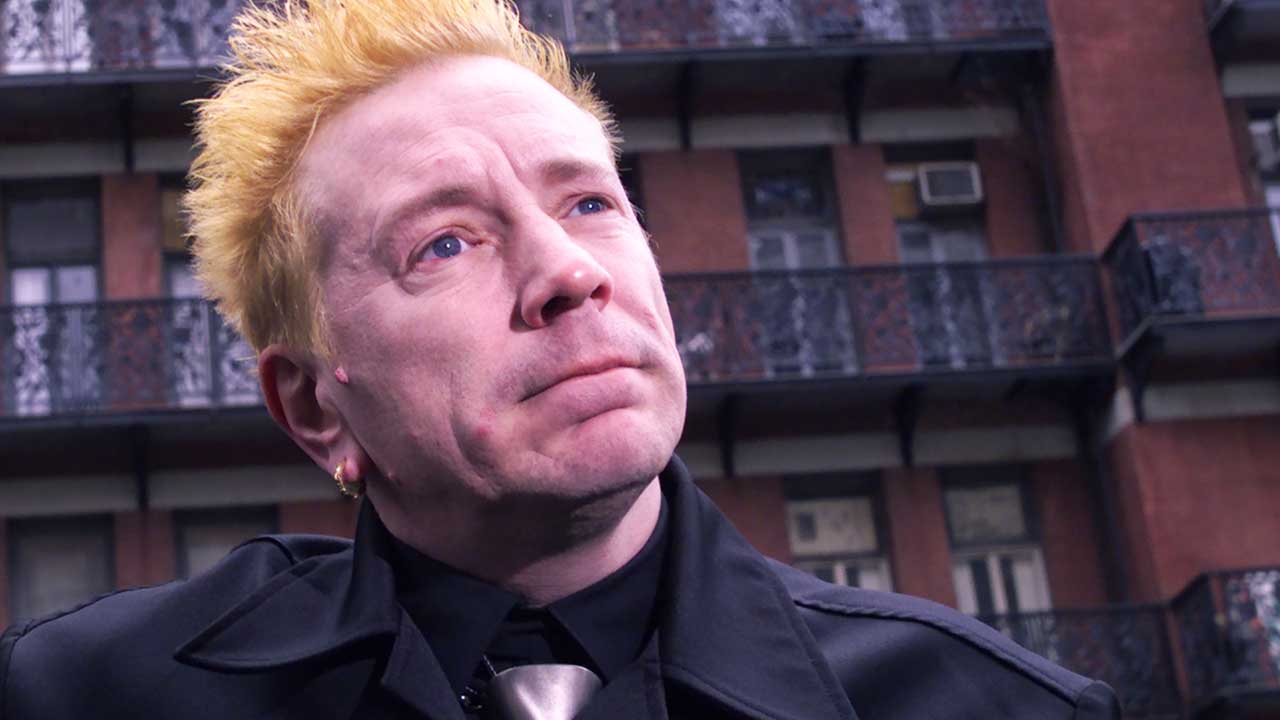The former Johnny Rotten has never quite been able to escape the shadow of the Sex Pistols. This is a shame, because his long-running and hugely influential band Public Image Limited have made some extraordinary music.
Here are 10 of the best of John Lydon's post-punk anthems.

Public Image (First Edition, 1978)
Public Image was an uncompromising statement of intent set to dub-depth bass and chiming guitar shards that cast aside the shackles of punk. ‘You never listened to a word that I said/You only seen me for the clothes that I wear,’ Lydon goads his fellow ex-Pistols, before spitting, ‘I will not be treated as property,’ at hype-spinning swindler McLaren.
Death Disco (single, 1979)
A primal howl of despair, Death Disco came as a direct result of Lydon’s dying mother asking him to write a disco song to be played at her funeral. Jah Wobble’s bass hammers down a gut-punching groove as Keith Levene’s hectoring guitar spikes quote Tchaikovsky’s Swan Lake. Harrowing yet morbidly irresistible, it defined post-punk.
Poptones (Metal Box, 1979)
Arguably the greatest PiL recording of all, Poptones finds Lydon intoning dark details of a Daily Mirror news item. A girl is bundled into the back of a car by two silent men and driven into the countryside as ‘the cassette played poptones’. Haphazard drums accentuate an unsettling swirl of perfectly tessellated, utterly loop-locked bass and guitar. Magnificent.
Four Enclosed Walls (The Flowers Of Romance, 1981)
Another staggering leap into the unknown: Martin Atkins’ drum loops propel Lydon’s extraordinary combination of an Imam’s call to prayer with a Crusader’s exhortation to ‘destroy the infidel’. Minimalist and massive, its gated-reverb drums compelled Phil Collins to exercise the sincerest form of flattery.
This Is Not A Love Song (single, 1983)
With a quintessentially eighties funk riff at its core, this 1983 single provided PiL with their biggest hit. Its nagging hook might have flown in the face of accepted pop logic, but landing in a vacuous, coke-fuelled decade, its shallow narcissism unintentionally defined its time.
Rise (Album, 1986)
Jonas Hellborg’s stuttering fretless bass, Tony Williams’s immense beat, Steve Vai’s soaring guitar atmospherics, highlife counter-rhythms and Celtic blessings coincide in the only hit to celebrate Nelson Mandela while condemning RUC torture techniques. Its ‘anger is an energy’ coda soon came to define Lydon’s own public image.
Ease (Album, 1986)
With the BBC failing to remake Steptoe & Son with the late Ginger Baker as Albert and John Lydon as Harold – you know it would have made sense – this’ll have to stand as their finest collaboration. Producer Bill Laswell’s manager Roger Trilling says “the trees swayed and the flowers cried” as Ginger recorded his drums. Vai’s solo sears as Led Zeppelin immensity is attained.
Cruel (That What Is Not, 1992)
Characterised by an astounding performance from Lydon (assurance, technique and vocal maturity coalescing perfectly as he hit his mid‑thirties) and masterful guitar work from ex-Magazine and Siouxsie And The Banshees post-punk pioneer John McGeoch, Cruel captures a criminally undervalued PiL line-up at the peak of their powers.
Open Up (Leftfield: Leftism, 1995)
A collaboration with Leftfield that introduced Lydon to the rave generation, Open Up was the shot in the arm his career needed. Just as many of his contemporaries were heading for end-of-the-pier ignominy at nostalgia-heavy Blackpool punk shows, the scene’s ultimate exemplar demonstrated that it was much more punk to look forward than back.
Double Trouble (What The World Needs Now, 2015)
Lydon, just as profane and pulse-fingering as ever, mixes and matches snarling Sleaford Mod-ish kitchen sink traumas with clipped, Krautrock precision, brattish one-foot-in-the-rave, old-age punksioner disaffection and a hectoring performance straight out of the drawer marked ‘Rotten’.

